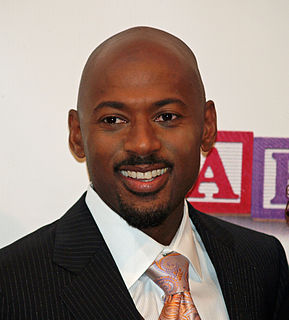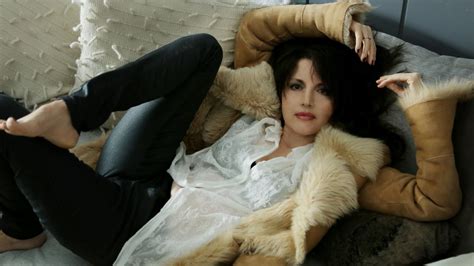A Quote by Ivanka Trump
I started with jewelry when I was probably 24 years old. It was really just in response to a feeling that most of the fine jewelers were men appealing to men and selling pieces in a very unmodern way. I felt that there was a huge demographic of self-purchasing women who were feeling uncomfortable in the traditional retail environment.
Related Quotes
Margaret Atwood, the Canadian novelist, once asked a group of women at a university why they felt threatened by men. The women said they were afraid of being beaten, raped, or killed by men. She then asked a group of men why they felt threatened by women. They said they were afraid women would laugh at them.
Probably the institution of marriage had its origin in love of property. Both men and women were united in this--that whatever they loved best, they wished to possess. The usual theory holds that the communal system would not permit the gratification of this desire at the expense of communal rights, and that therefore men were driven to gratify their passion by purchasing or by capturing women from neighboring and hostile tribes.
I have always felt that perhaps women have sometimes almost embraced the same values as men, and the same character as men, because they are in the men's world, and they are trying to fit into a system that men have created. And maybe in truth when there is a critical mass of women who play that role in governments, then we will see whether women can really manage power in a way that is less destructive than the way that men have used power.
I remember a very nurturing, safe environment: everybody knew who I was, who my parents were, who my grandparents were, what part of Russia we were from originally. That was a really comforting feeling. Non-Mennonites, when they see that aspect of it, think it's a beautiful thing, and it is, but there's so much going on besides.
I'm a long way from being evicted [at the age of 14], but I'll never forget it. I'll never forget the feeling. I'll never forget my mom crying and I'll never forget the thought I had: 'Well the only thing I can do is just go build my body,' because the men who were successful that I knew of - Stallone, Arnold, Bruce Willis - they were men of action.
Sometimes I hear the world discussed as the realm of men. This is not my experience. I have watched men fall to the ground like leaves. They were swept up as memories, and burned. History owns them. These men were petrified in both senses of the word: paralyzed and turned to stone. Their refusal to express feeling killed them. Anachronistic men. Those poor, poor boys.
The last thing the consumer index wants men and women to do is to figure out how to love one another: The $1.5 trillion retail-sales industry depends on sexual estrangement between men and women, and is fueled by sexual dissatisfaction. Ads do not sell sex--that would be counterproductive, if it meant that heterosexual women and men turned to one another and were gratified. What they sell is sexual discontent.
Men's clothing is more pure in design. It's more simple and has no decoration. Women want that. When I started designing, I wanted to make men's clothes for women. But there were no buyers for it. Now there are. I always wonder who decided that there should be a difference in the clothes of men and women. Perhaps men decided this.



































